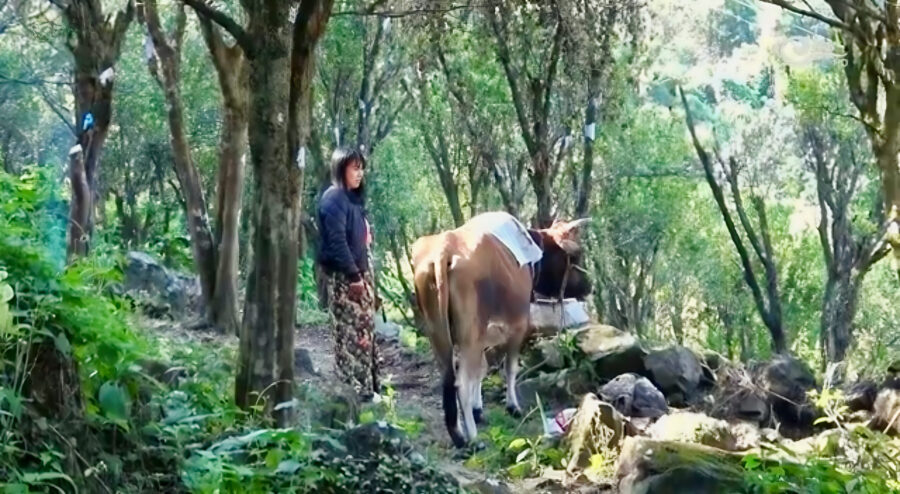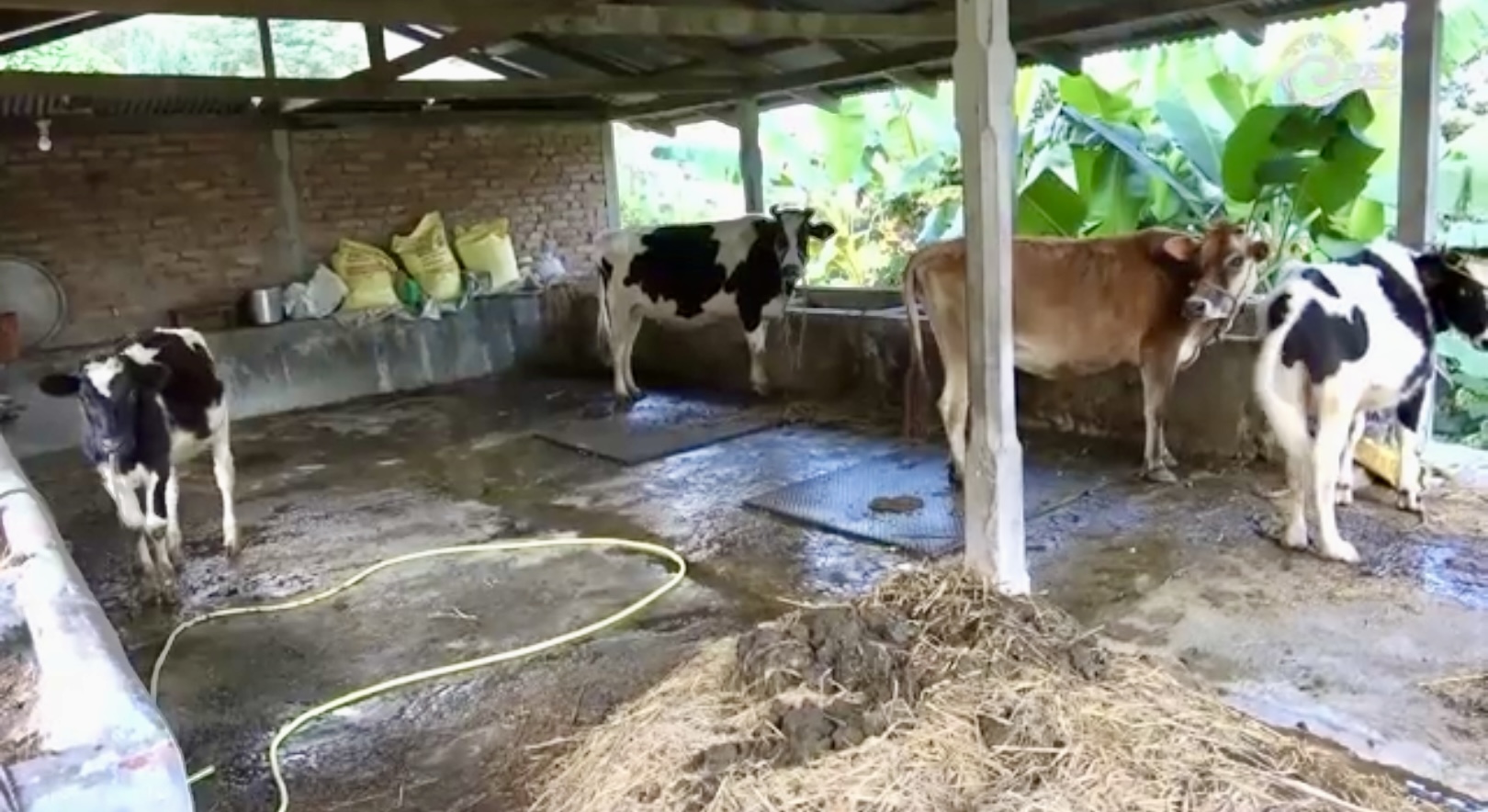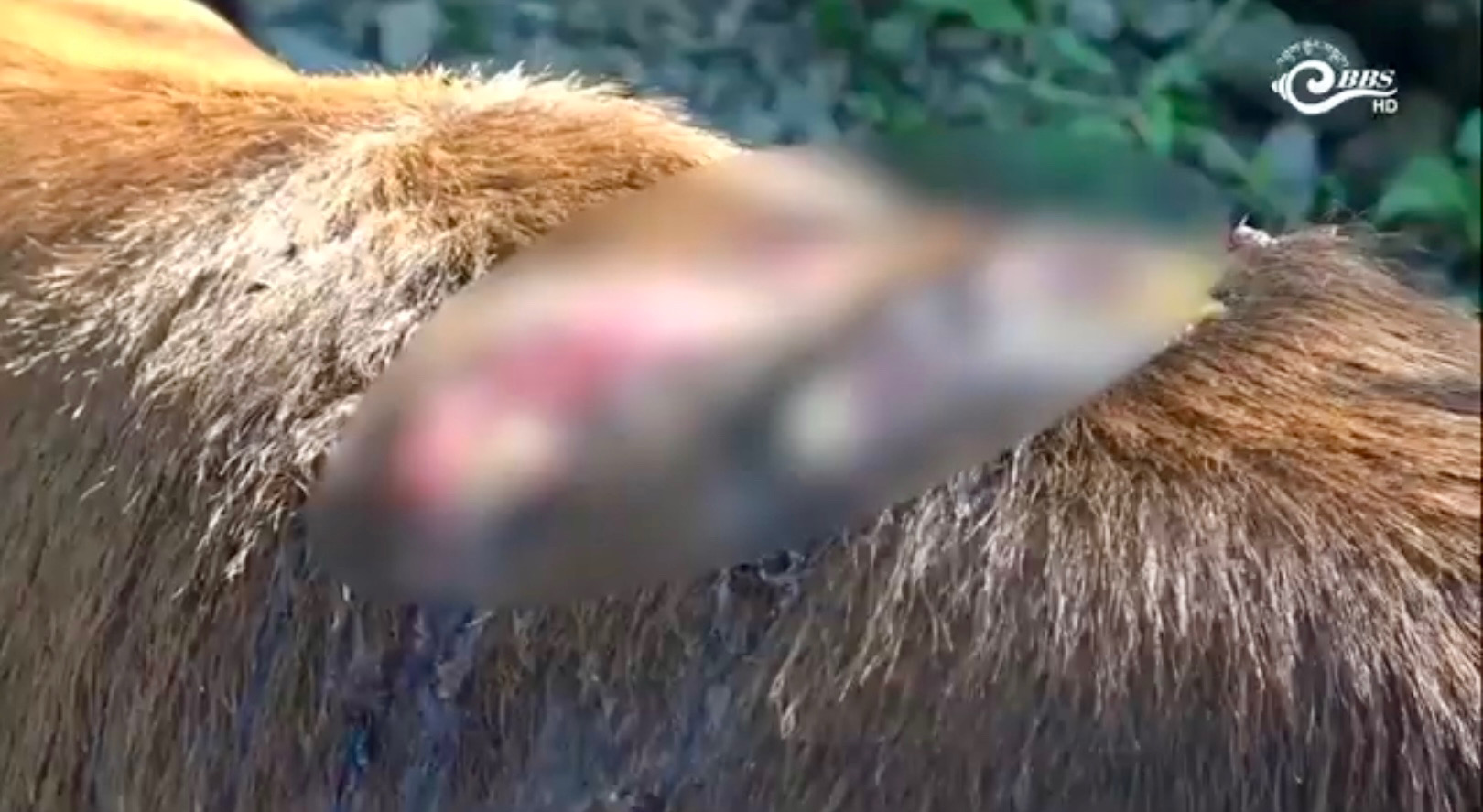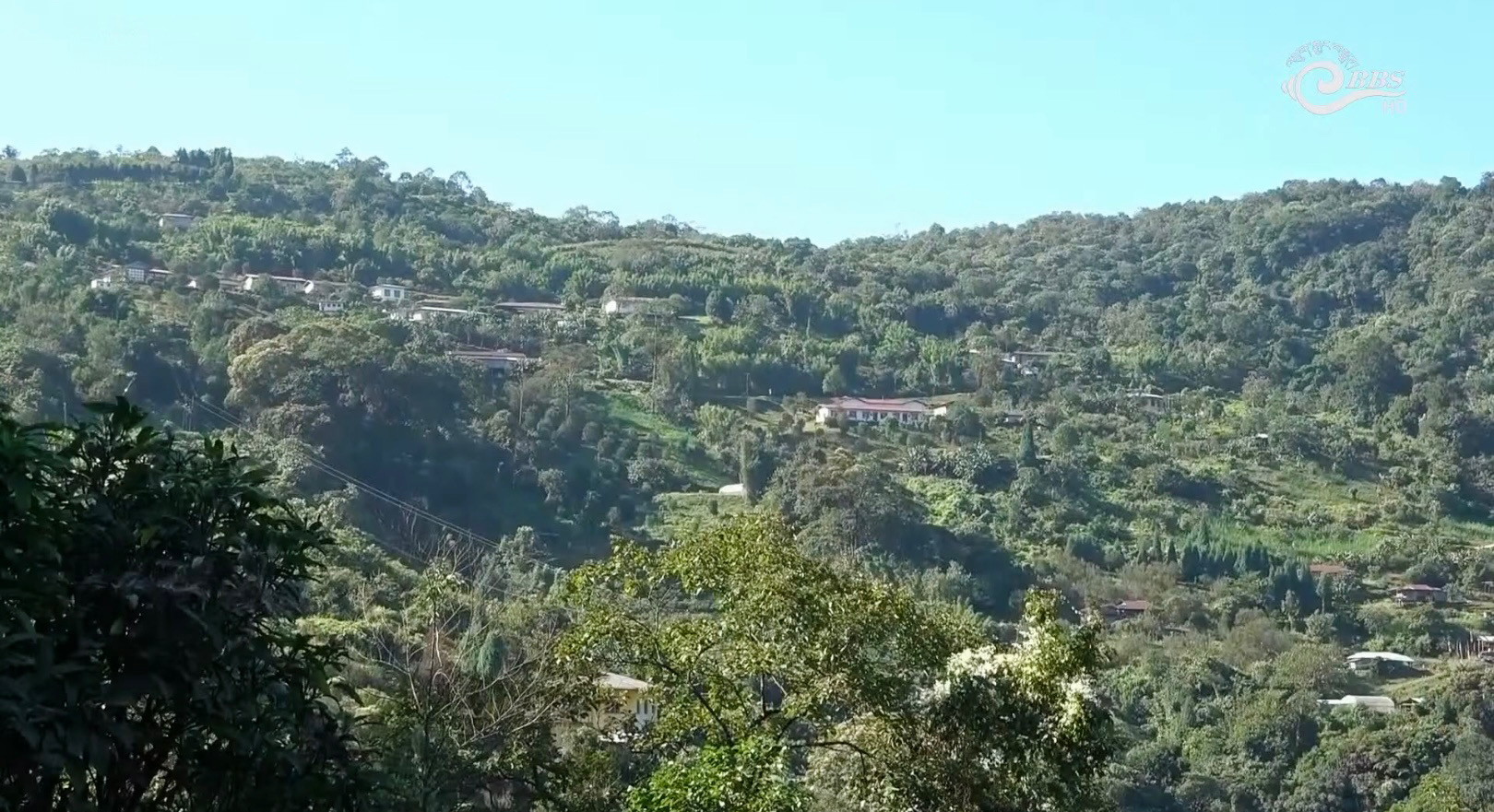 Farmers in rural areas often rely on agriculture or livestock for their livelihood. In Pema Gatshel’s Norbugang Gewog, residents shifted from orange farming to raising livestock after a decline in orange production. However, recent cattle attacks by tigers have caused great concern among the farmers.
Farmers in rural areas often rely on agriculture or livestock for their livelihood. In Pema Gatshel’s Norbugang Gewog, residents shifted from orange farming to raising livestock after a decline in orange production. However, recent cattle attacks by tigers have caused great concern among the farmers.

For nearly a decade, the people of Nyingshingborang and Norbugang have been raising cattle through a local dairy group, which has become the primary source of income for many households.
But recently, a tiger entered the village and attacked some of the cattle, raising concerns among the residents.
 “The cows weren’t freed in the forest. We had tied our cow near the house, and it was attacked right at our doorstep. We are also worried because the tiger might harm humans. We are worried,” said Yangdon, a resident.
“The cows weren’t freed in the forest. We had tied our cow near the house, and it was attacked right at our doorstep. We are also worried because the tiger might harm humans. We are worried,” said Yangdon, a resident.
“We’re getting older and have no other means of earning a living. The cow was our source of income, and now that it’s been injured by the tiger, we’re deeply concerned,” said Nidup, another resident.
“The cow was killed, and we couldn’t even step outside. The tiger walked along the road, and we have been afraid to leave our homes,” said Sangay Zangmo, also a resident.
The attack has left many villagers worried about their safety and the lives of their cattle.
“In the past, we could walk freely, but now women are afraid to go to the fields. Things have changed, and we are all worried.”
“We have loans to repay, and the cost of a single cow is not less than Nu 30,000 to 40,000. After investing so much, this situation is becoming very challenging.”
“Tiger attacks during daylight are affecting farmers’ incomes. If this continues, it could discourage people from raising livestock in the future,” said Tashi Namgay, secretary of Zambala Cooperative.
Despite the hardships, the villagers are frustrated by the lack of compensation for cattle lost to endangered species. They are calling for urgent government intervention to protect their livelihoods.
“If there is a compensation scheme, it would help us. We depend on this for income since we don’t have other sources of livelihood. We would be grateful for any assistance.”
“As farmers, we have no other income. We would be grateful if the government could help us with compensation.”
“Cattle are expensive, with some costing over Nu 100,000. So, when something like this happens, any support would be greatly appreciated.”
“Our gewog is located near the border, and there’s a risk of more attacks. If the government could provide a compensation scheme, it would be a huge help to us.”
Recently, a tiger killed one jersey cow and injured two more in Nyingshingborang and Gongribalay. The two injured jersey cows were earning more than Nu 10,000 per month for their owners.
 Residents are hoping for the same level of protection for their livestock that endangered species receive.
Residents are hoping for the same level of protection for their livestock that endangered species receive.
Meanwhile, the Agriculture and Livestock Minister, during the National Assembly session earlier this week, shared plans to initiate a crop and livestock damage compensation insurance scheme starting next year.
This initiative is expected to bring relief to farmers struggling with such losses and protect their livelihoods.
Thinley Dorji, Pema Gatshel
Edited by Sonam Pem










